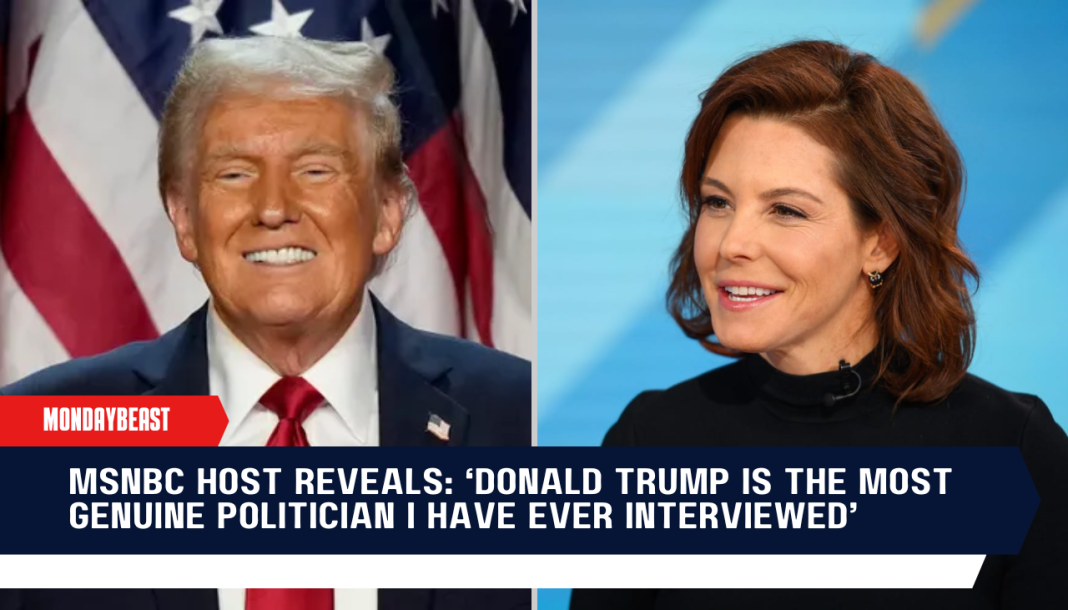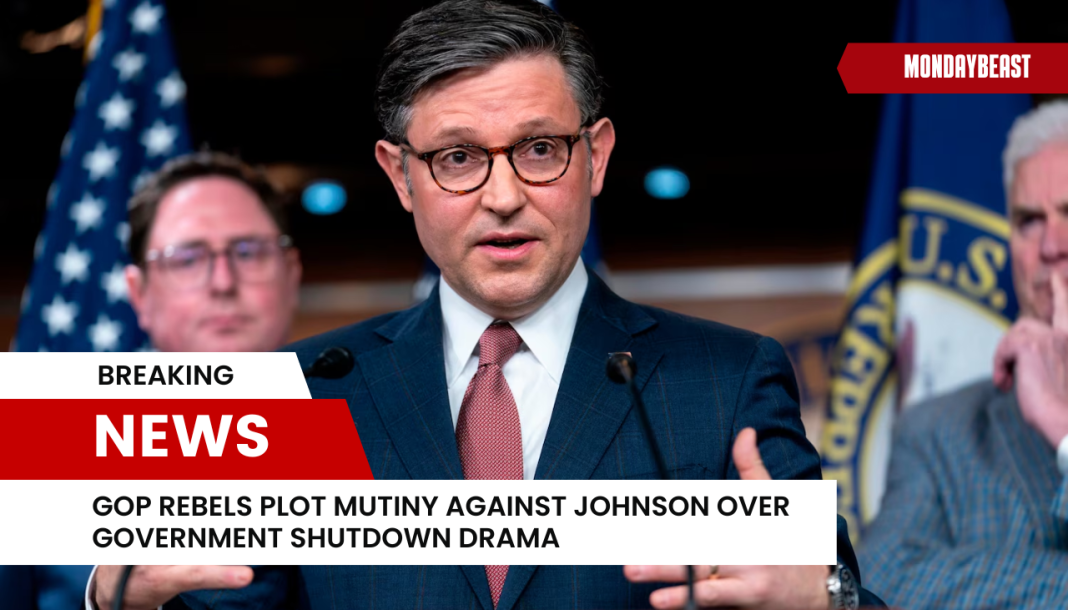When it comes to accessibility, do we really get what we expect from politicians? MSNBC host Stephanie Ruhle raises this burning question in a candid discussion about her experiences with Donald Trump and Joe Biden.
In a recent interview, Ruhle shared a personal anecdote. She talked about trying her hand at getting an interview with Trump. The stakes were high. It was right before the election. She called Trump with a simple request. What happened next? He answered the phone.
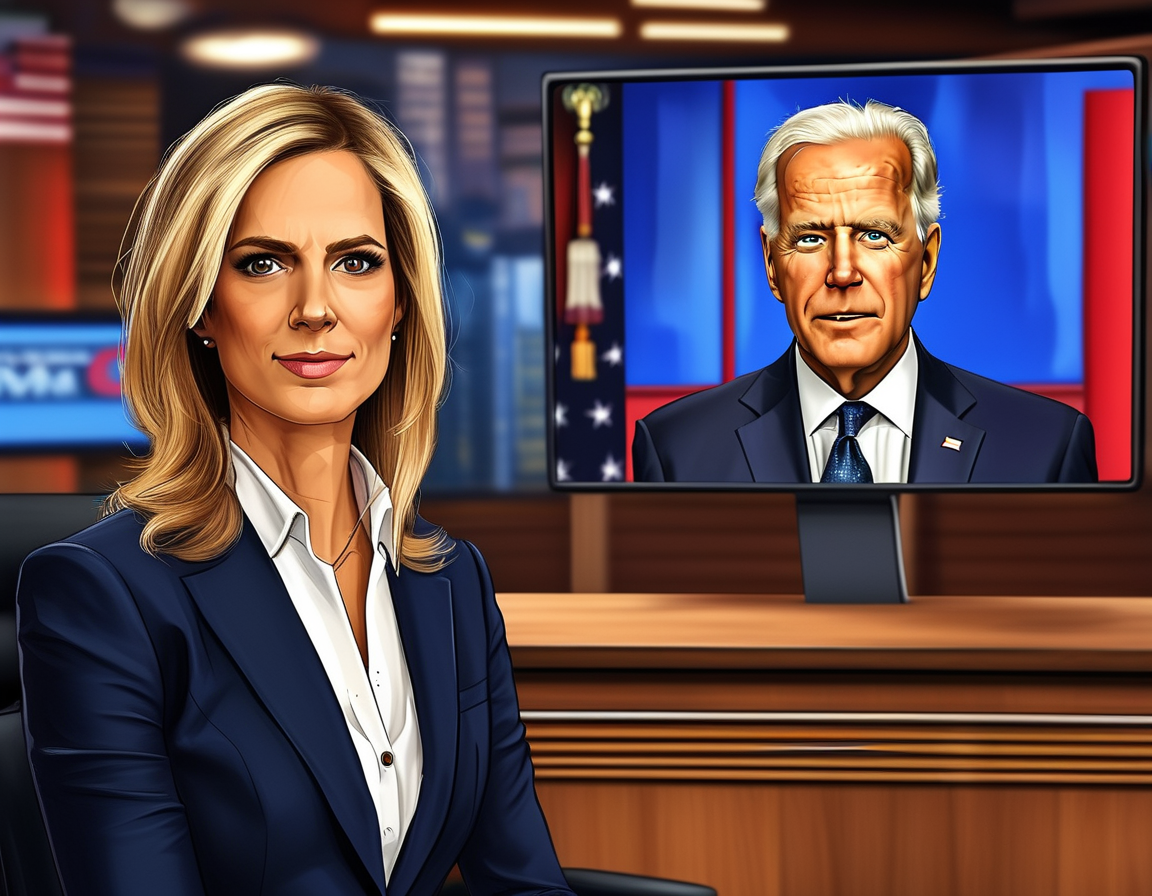
Ruhle’s experience stands in stark contrast to her attempts to connect with Biden and Harris. She humorously noted, ‘If I were to want to connect with VP Harris or President Biden, there’s 50 people between me and that.’ The frustration is palpable. She likened the process of getting through to them to sending a message via Pony Express.
So, is accessibility vital in politics? Politicians, after all, often promise to listen to the people. Yet, getting access is tougher than ever. Ruhle’s jest about Trump telling her to go f— herself highlights the unexpected transparency some voters may appreciate.
Biden and Harris’ structured environments often create barriers. Ruhle reflected on her interview with Harris, which was supposed to be a short 15 minutes. It extended to 25, yet remained highly controlled.
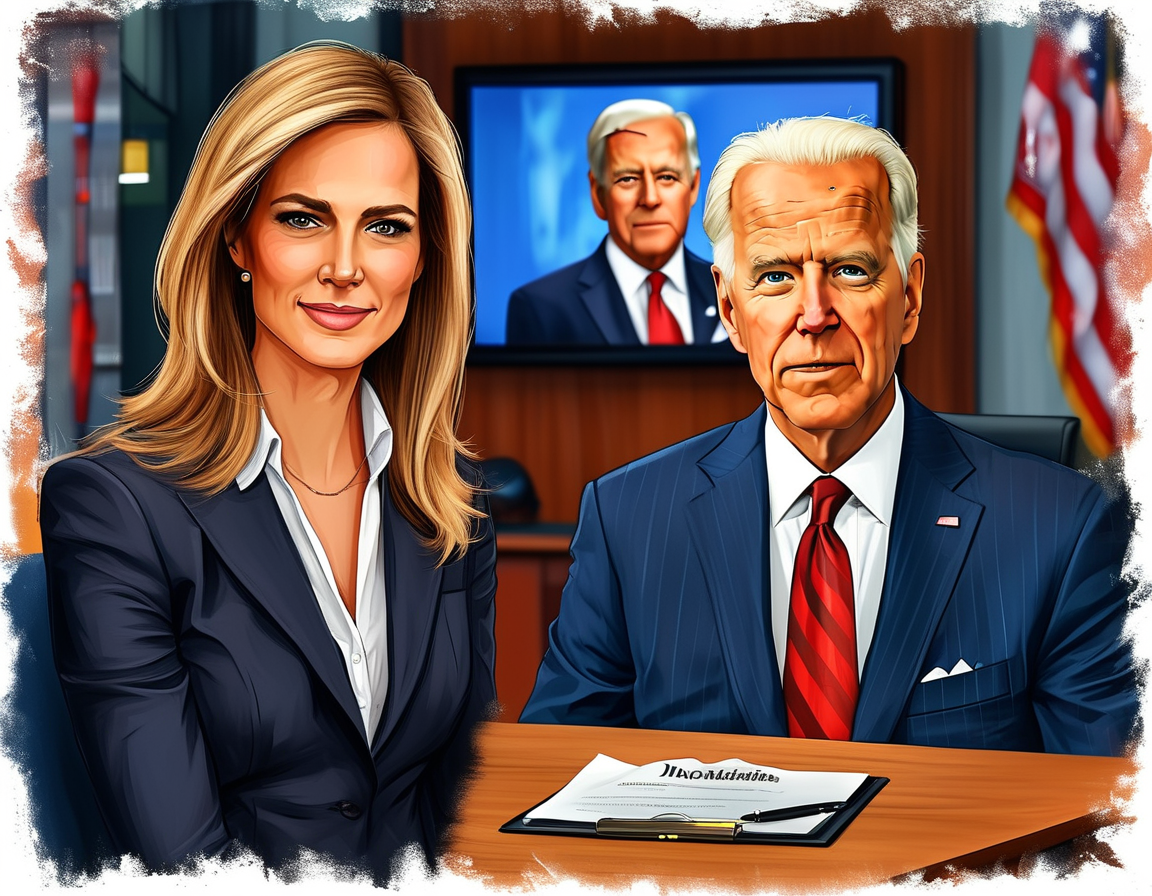
Yet, Ruhle recognized that those controlled interviews often lack genuine human moments. When asked about it, she explained, ‘In those completely structured environments, you never have a human moment.’ This tends to be the real crux of the issue. How can voters relate to their leaders if they don’t feel the human connection?
She shared her ambivalence towards polished politicians. Ruhle said voters are tired of soundbites. The sentiment really strikes a chord. The public often craves authenticity. Political discussions should feel personable and genuine. Unfortunately, many don’t deliver.
What about Kamala Harris? Does she connect with the people as she should? Ruhle underscored that Harris often speaks in platitudes. When a politician is too polished, many feel disengaged. Politicians need to cross that bridge. It is about understanding and speaking to people’s real concerns.
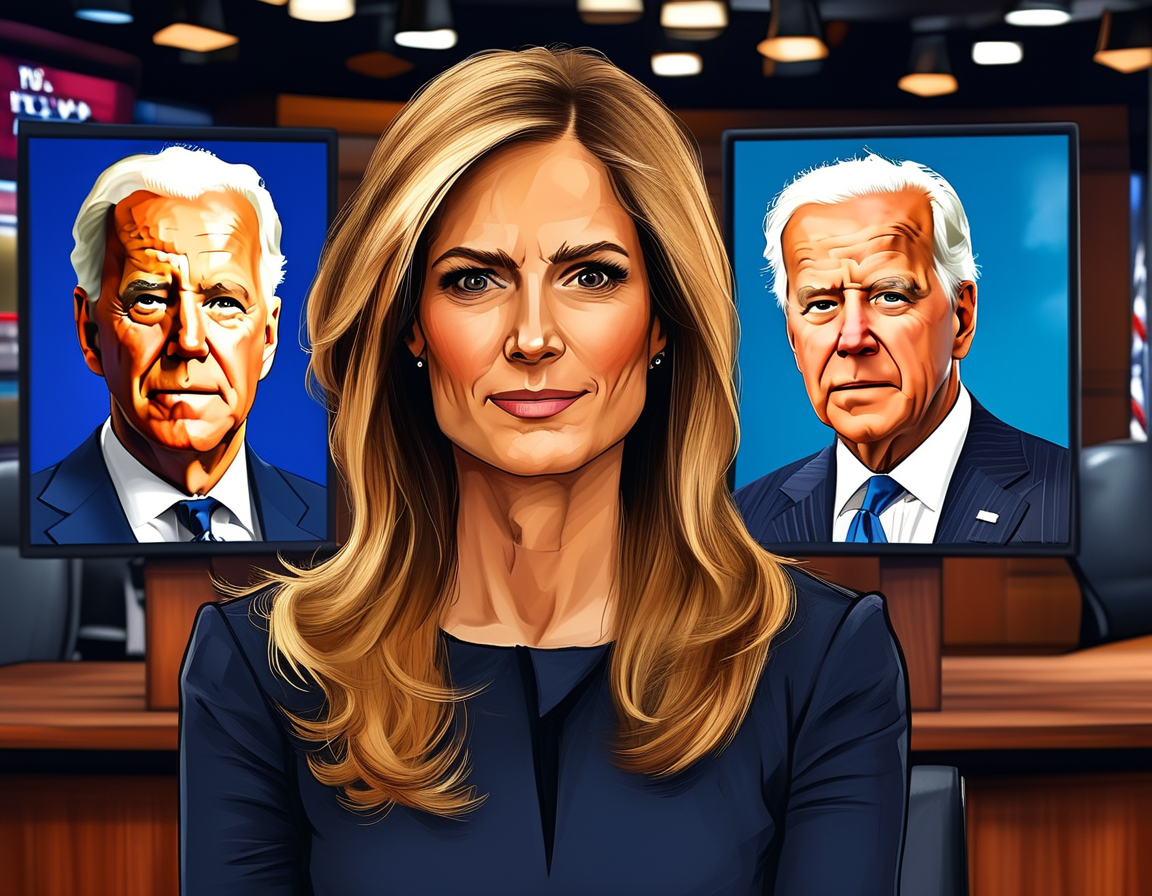
Ruhle also brought up the expectations tied to Harris’ economic vision. She mentioned that while Harris has detailed policy proposals, they often get lost in translation. The lack of detail turns many off. Is that something we should be worried about?
Many Americans want to trust their leaders. They want to know that their concerns matter. If Harris can’t express her vision compellingly, how can she expect to win hearts?
The conversation naturally leads to Trump. He’s infamous for his unfiltered style. Ruhle acknowledges that people know what they’re getting with him—love him or hate him. At least there’s no pretense.
In light of all this, it becomes clear that accessibility and approachability in political figures matter. Voters need to feel they can reach out. Now more than ever, with the public so divided, fostering those connections is crucial.
As we look ahead, it raises more questions than answers. Will Biden and Harris shift their styles to connect more genuinely? What would a more accessible political landscape look like? Ruhle’s reflections point to an important conversation we should keep having.

